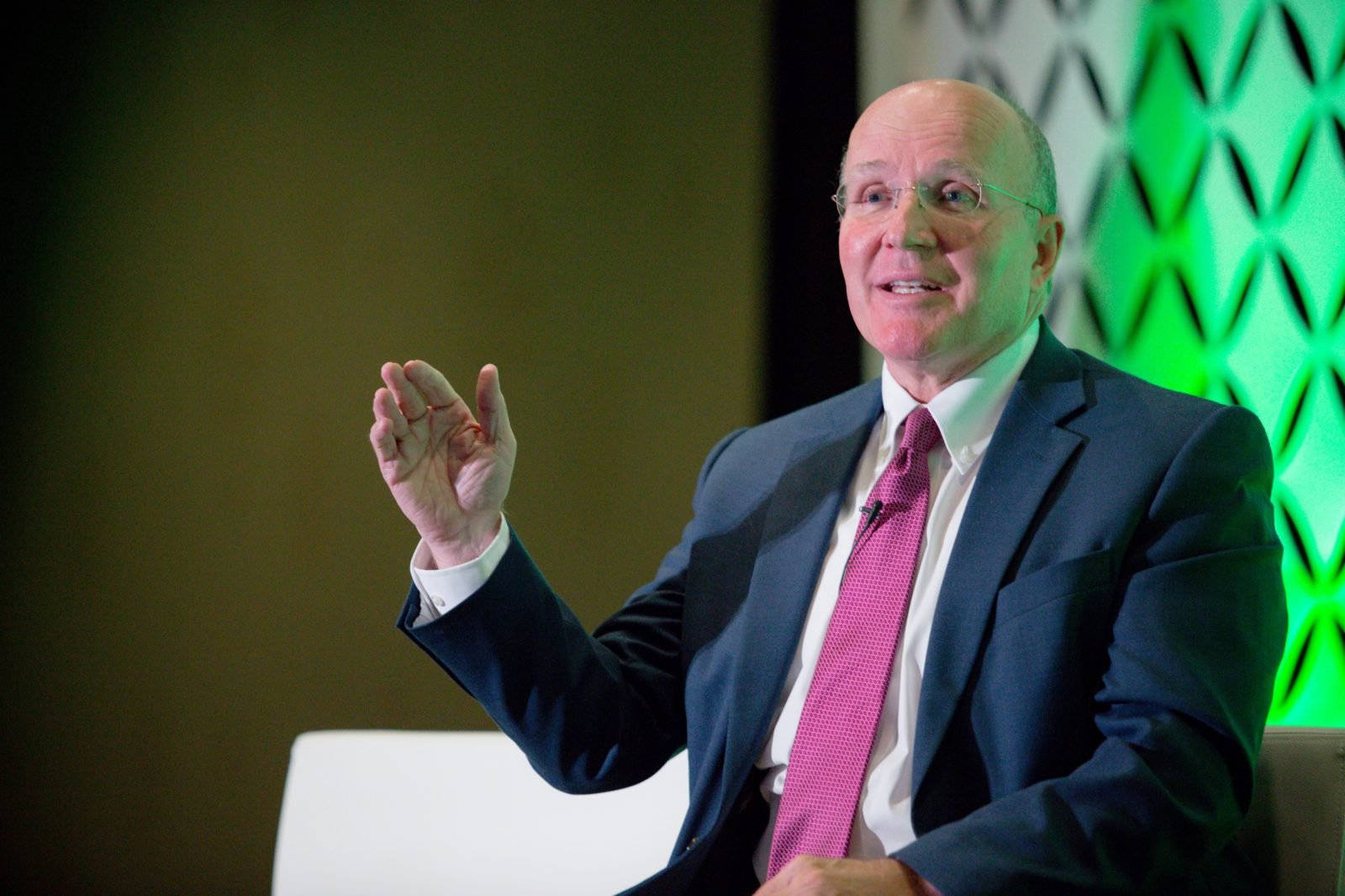Episode #222 reminded Ed of the old TV show, Room 222, which ran from 1969-1974 (typical bad 70’s TV).
Ed’s Topics
Warren Myer, Coyote Blog, October 2018, the real scandal in climate science.
Andrew Winston, Harvard Business Review article on pending climate catastrophe.
Ed’s brother’s Christmas joke.
[On the take down of the 1984 song “Do They Know it’s Christmas” by Band Aid, see our shows with Father Sirico, Episode #134, and Magatte Wade, Episode #160, and the movie they made, Poverty, Inc.].
From Intellectual Takeout, November 25, 2018, Socialists are more materialist than capitalists.
New York Times, December 21, 2018, “What is Glitter?”
Ron’s Topics
“IBM’s rebel yell,” The Economist, November 3, 2018
IBM bought Red Hat, $34B, 63% premium
Founded 1993, $2.9B revenue
For 22 quarters IBM revenue declined
Culture clash IBM straight-laced, Red Hat freewheeling
Watson: disappointment in AI
Red Hat name: 18th-century revolutionaries in American and France wore red caps.
Now, open-source looks like the establishment
“Coping with the 100-year-life society,” The Economist, November 17, 2018
More than one-half of Japanese babies can expect to live to 100.
Shinzo Abe talks about a model of how to make ultra-long lives fulfilling and affordable (“designing the 100-year-life society”). The Economists thinks Japan needs to:
Persuade current workers to labor longer
Encourage more women into the labor force
Let in more immigrants
Even though it has made progress on all three, it’s not enough. The Japanese population is declining at almost 400,000 year, and there are 1.6 vacancies for every jobseeker.
“Baby bust,” The Economist, November 24, 2018
From 2007 to 2017, America’s fertility rate dropped from 2.12 to 1.77, which is equal to England, but well below France. The teenage birth rate has halved in the past 10 years.
“Staying alive,” The Economist, November 24, 2018
Suicide rate in America is up 18% since 2000, largely among white, middle-aged, poorly educated men.
At the global level, suicide is down by 29% since 2000, notable among:
Women in China and India
Middle-age men in Russia (stage between communism and capitalism: alcoholism)
Old people all around world
Why? Greater urbanization; falling poverty; greater employment rates.
515 people survived jumping off the Golden Gate bridge between 1937-1971, 94% were still alive in 1978. 90%+ survivors of suicide don’t try it again.
Suicide is strangely contagious: after Robin Williams committed suicide in 2014, 1,800 more suicides than would otherwise have been expected occurred within the next 4 months.
The Economist thinks doctors should be able to assist. Ron vehemently disagrees with this.
“Take a break,” The Economist, November 24, 2018
The average Americans worker in a typical year works 100 hours more than an average Briton, French, and 400 hours more than average German worker.
Average American worker receives 17.2 days of vacation (it was 20.3 1978); around one-half don’t take full allotment.
In the European Union, there are 20 paid holidays per year (in Spain and Sweden, 36). And HBR study in 2016 found that those who took 11+ days off were twice as likely to get a raise.
But the causation could be the opposite: star workers may feel they can afford to take a break.
Extra hours don’t automatically lead to higher productivity. Parkinson’s law: work expands to fill the time available.



















